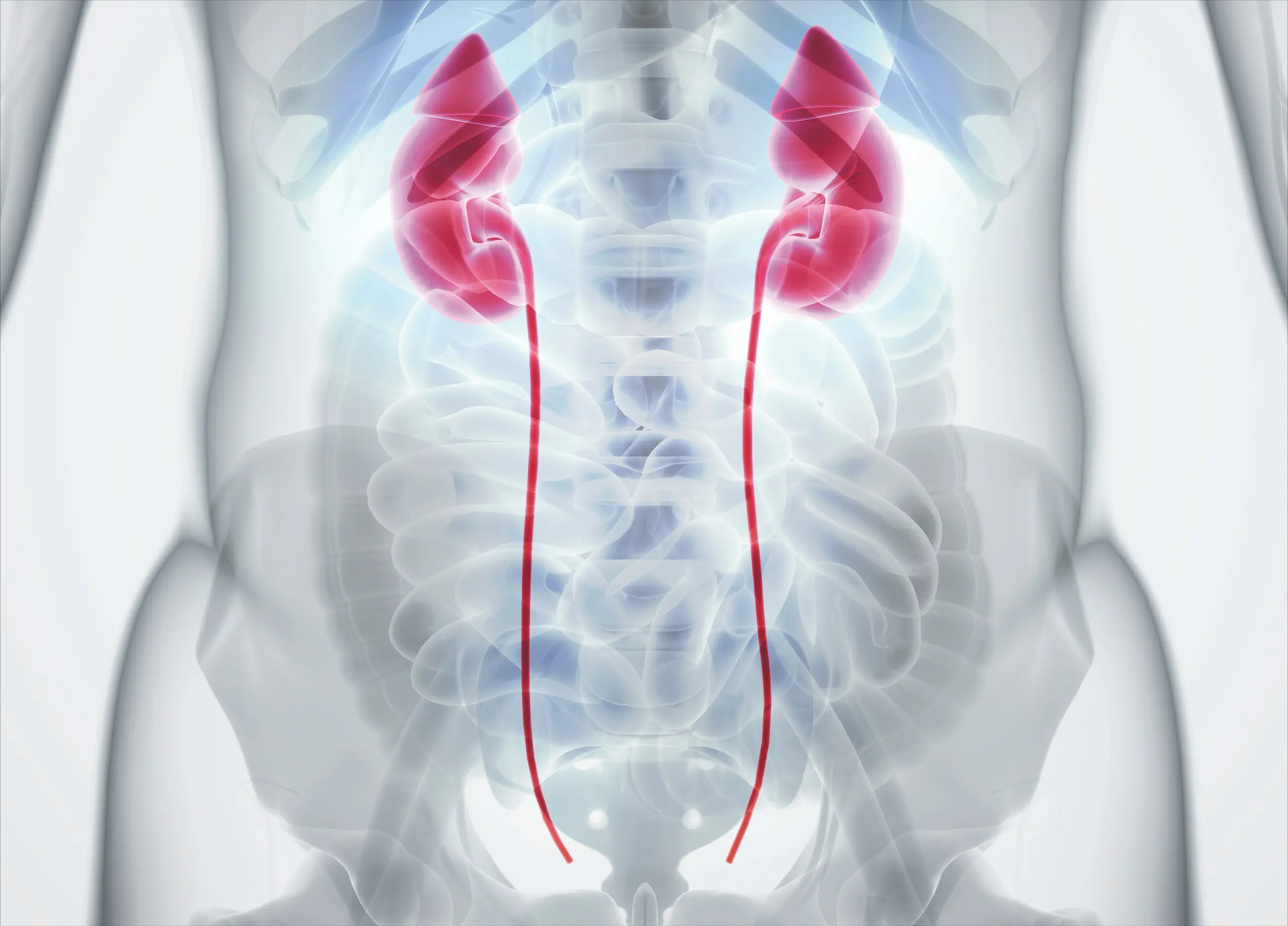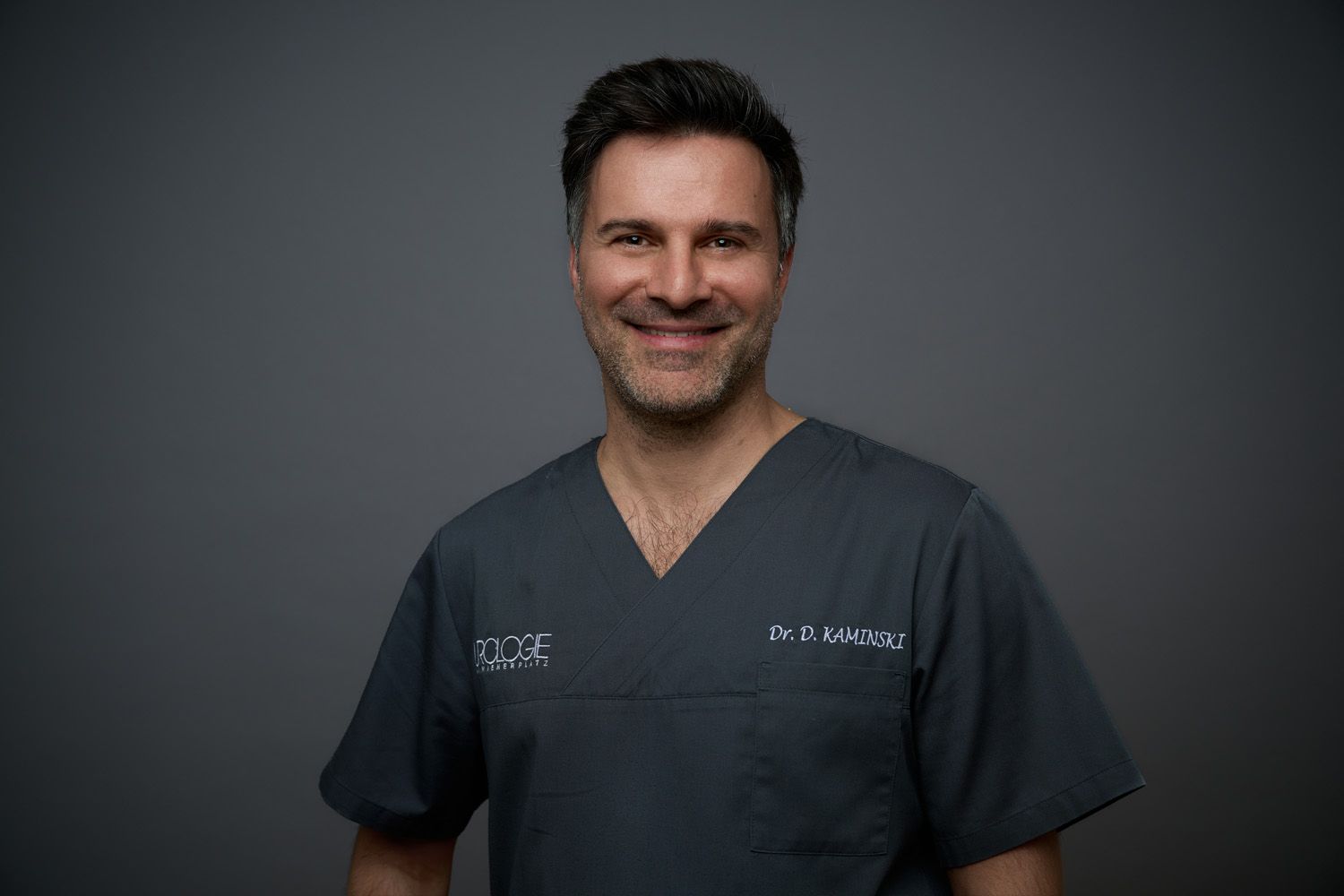
© PMC
Urology
Treatment Methods
Urology is a medical specialty that deals with diseases and disorders of the urinary organs in men and women as well as the male reproductive organs. This includes the kidneys, ureters, bladder, and urethra as well as the prostate, testicles, epididymis, and penis. Urology is thus both a surgical and a conservative field and includes diagnostics, therapy, and aftercare for numerous diseases.
Urological diseases
Typical urological diseases include urinary tract infections, kidney stones, benign and malignant tumors (e.g., prostate cancer, kidney cancer, bladder cancer), incontinence, congenital malformations, and functional disorders such as erectile dysfunction. The treatment of injuries to the urological organs also falls within this area. Urology affects people of all ages—from pediatric urological care to age-related problems in older age. Men frequently visit urological practices, for example, for prostate screening or bladder emptying issues. However, women and children also require urological treatment for certain conditions.
Modern Focus Areas of Urology
Modern focus areas of urology include minimally invasive surgical techniques, uro-oncology, andrology (men's health), neuro-urology (e.g., for bladder emptying disorders due to neurological diseases), as well as reconstructive urology. In addition to medication therapies, surgical procedures such as endoscopic interventions or open and robot-assisted surgeries are often used. Close collaboration with other specialties like nephrology, Gynecology, oncology, or radiology is often essential for comprehensive treatment.










_1500x2250_150_RGB-2.webp)

